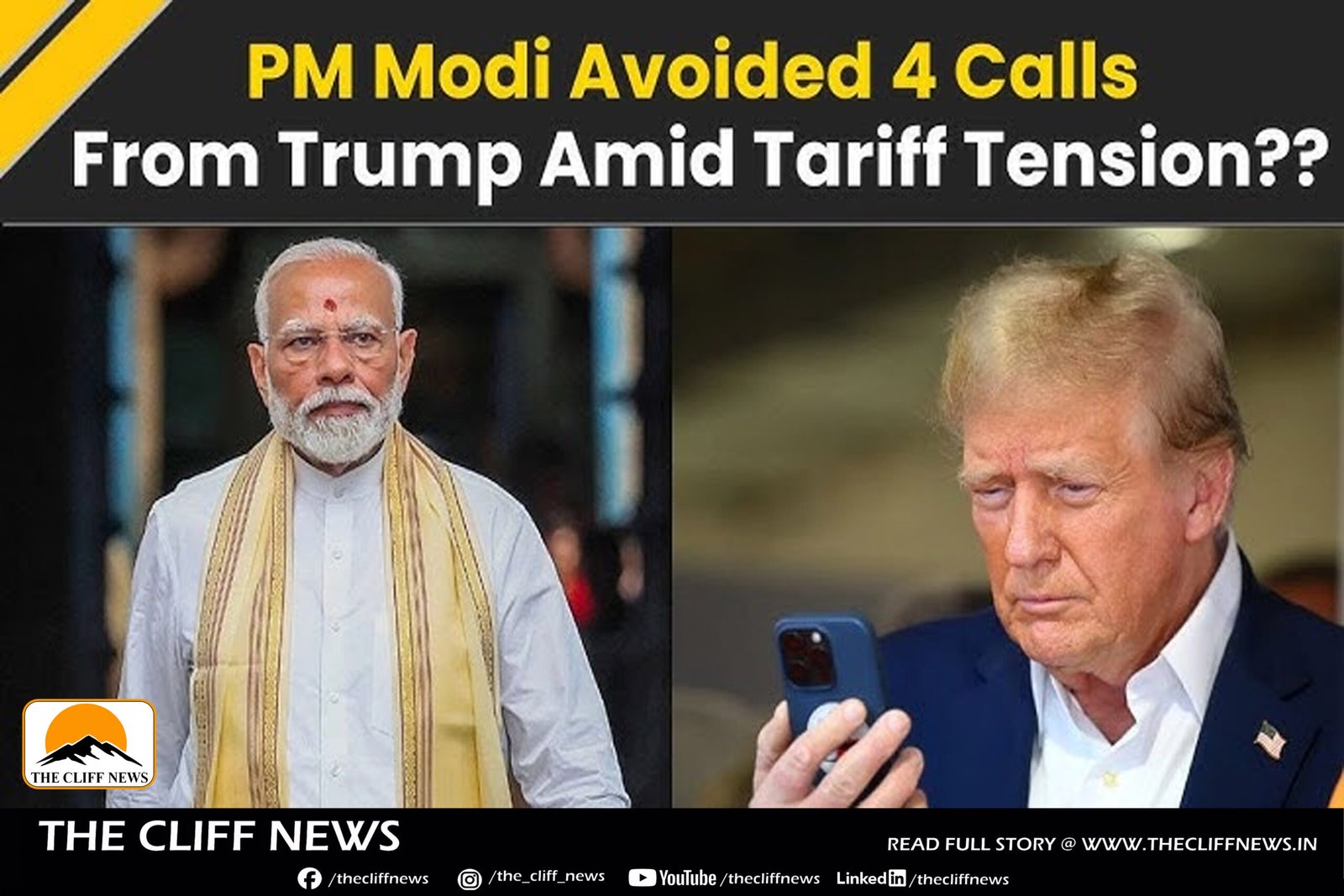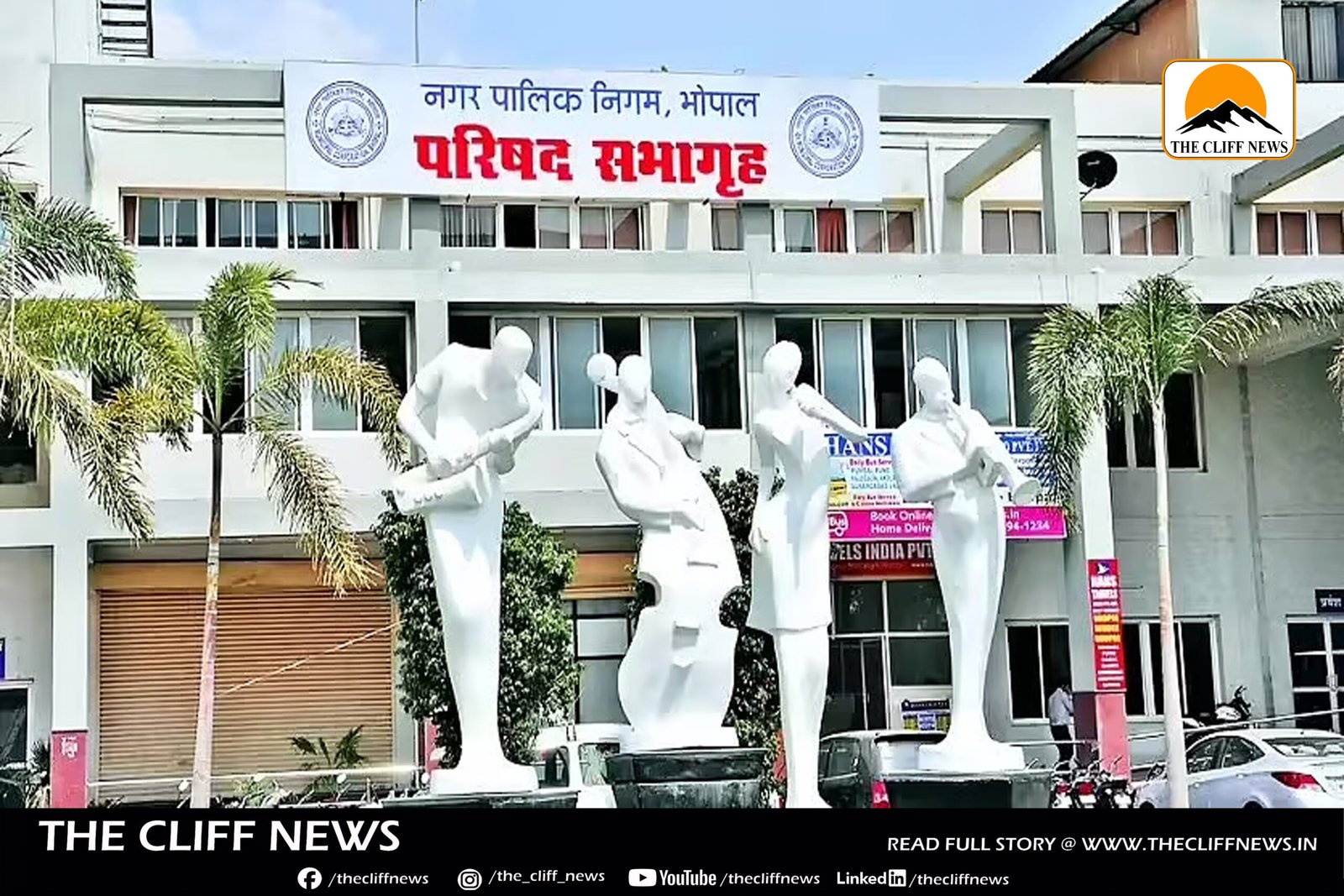Prime Minister Narendra Modi reportedly refused to take four calls from US President Donald Trump in recent weeks, according to reports. Citing diplomatic sources, the report suggests Modi’s decision reflected both “the depth of his anger and his caution” following Washington’s tariff escalation.
Japanese daily Nikkei Asia has echoed these claims, stating that Modi’s avoidance of Trump’s calls only heightened the US president’s frustration.
Tariff Dispute Strains Relations
Bilateral ties have been under stress since President Trump doubled tariffs on Indian goods to 50 per cent, the highest imposed on any country other than Brazil. The measures also included an additional 25 per cent duty on India’s purchase of Russian crude oil.
In response, India has firmly rejected US pressure, with Prime Minister Modi declaring that he would “never compromise” the interests of Indian farmers. According to reports, Modi felt “insulted” by Washington’s actions, and his refusal to engage in talks with Trump reflects his deep displeasure.
Pakistan Angle Adds to Strain
Another factor souring India’s perception of Trump has been his repeated claims since May that he mediated to stop fighting between India and Pakistan—an assertion New Delhi has strongly denied. Trump’s emphasis on boosting ties with Islamabad, coupled with what observers describe as his “deal-driven style of diplomacy,” has further strained US-India relations.
China Factor in the Spotlight
Analyst Mark Frazier, suggested that Washington’s vision of an Indo-Pacific alignment—where India plays a central role in containing China—is “falling apart.” He argued that India never intended to be a permanent counterweight to Beijing and instead shares with China broader goals of expanding global influence and industrial growth.
Frazier also noted that Chinese investments and technology could provide a boost to Indian industry, while India could, in turn, support Beijing’s economic and geopolitical ambitions.
Modi’s Upcoming China Visit
Prime Minister Modi is scheduled to visit China at the end of August to attend the Shanghai Cooperation Organisation (SCO) summit. This will be his first visit to the country and is widely seen as a step toward easing tensions with Beijing, while also navigating the uncertain trajectory of US-China relations.



